I find myself doing this quite often both on the browser and in node.js and it's about time I came up with a proper way to do this without debugging it for a while each time.
Here's what I'm currently working on (this is node.js):
var log4js = require("log4js");
log4js.loadAppender('file');
log4js.addAppender(log4js.appenders.file('log.log'));
var logger = log4js.getLogger();
console.log = function () {
logger.debug.apply(logger, Array.prototype.slice.call(arguments));
};
This is basically a monkey patch to take console.logging code and turn it into proper logging code.
I'm not sure if this is something proper or completely asinine.
Conceptually, I am forcing arguments sent to console.log into an array, which then is passed to apply. All of this is to work around the fact that I don't know how to declare a variadic function in JS. (perhaps this is the canonical way to do so).
Perhaps the same can be achieved with console.log = logger.debug. Oh well, I want to know how I can pass the arguments.
For instance, there are certain things of this sort that won't work for whatever reason in the browser (but does in node):
var l = console.log;
l('hello');

Granted, this is not the same as overriding console.log, this is just to shorten the name of it, but still.
Ah, I actually realized what's wrong here: This will work.
l.call(console, 'hello');
Which means it's just missing a bit of finagling with this.
If you are still looking for the actual question of this question look at the italicized line above.